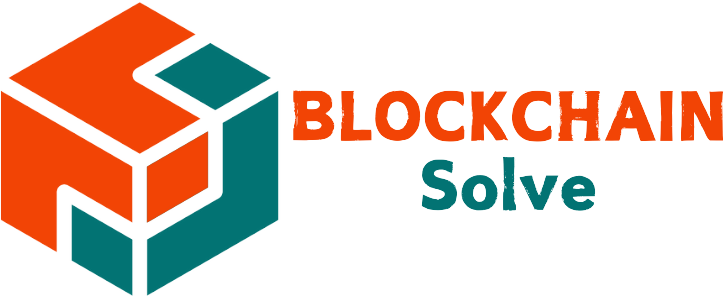Blockchain technology in healthcare is poised to revolutionize the way we manage patient data, track medical supplies, and conduct clinical trials. By leveraging the power of decentralized, immutable ledgers, blockchain can enhance security, transparency, and efficiency within the healthcare industry.

Blockchain Technology in Healthcare – The Future of Modern Healthcare
Blockchain is emerging as a promising technology to revolutionize the healthcare industry, especially in the field of electronic health record management. With its outstanding features such as transparency, security, and immutability, blockchain has the potential to solve many existing problems in traditional health record management systems.
Why is Blockchain suitable for health record management?
- High security: Health data is sensitive information. Blockchain, with its strong encryption and decentralized mechanism, helps protect data from intrusion and leakage.
- Transparency and traceability: All transactions and updates on the blockchain are recorded transparently and immutably. This ensures the accuracy and traceability of data, enhancing patient trust.
- Tamper-proof: Thanks to the consensus mechanism, it is nearly impossible to forge or alter data on the blockchain.
- Enhanced patient control: Patients can control access to their health records, deciding who to share their information with and when.
- Automation of processes: Smart contracts on the blockchain can automate many processes, such as insurance payments and data sharing between healthcare facilities.
Blockchain Technology in Healthcare – Pharmaceutical Supply Chain
Blockchain technology is poised to revolutionize the pharmaceutical supply chain.
At its core, healthcare blockchain technology is a decentralized, immutable ledger. Each transaction is recorded and linked to the previous one, forming a chain of blocks. In the pharmaceutical industry, each block can contain information about a batch of drugs, including:
- Origin: Manufacturer, raw materials
- Manufacturing process: Production steps, quality control
- Transportation: Route, transportation conditions (temperature, humidity)
- Storage: Location, storage conditions
- Distribution: Distributors, hospitals, pharmacies
- Specific applications of blockchain technology and healthcare:
- Vaccine tracking: Ensuring vaccines are properly stored and distributed to the right recipients.
- Managing rare drugs: Tracking the origin and distribution of rare drugs.
- Combating counterfeit drugs: Identifying and eliminating counterfeit products from the market.
- Improving inventory management: Optimizing inventory management and reducing waste.
Read more: https://blockchainsolve.com/blockchain-technology-in-healthcare/



